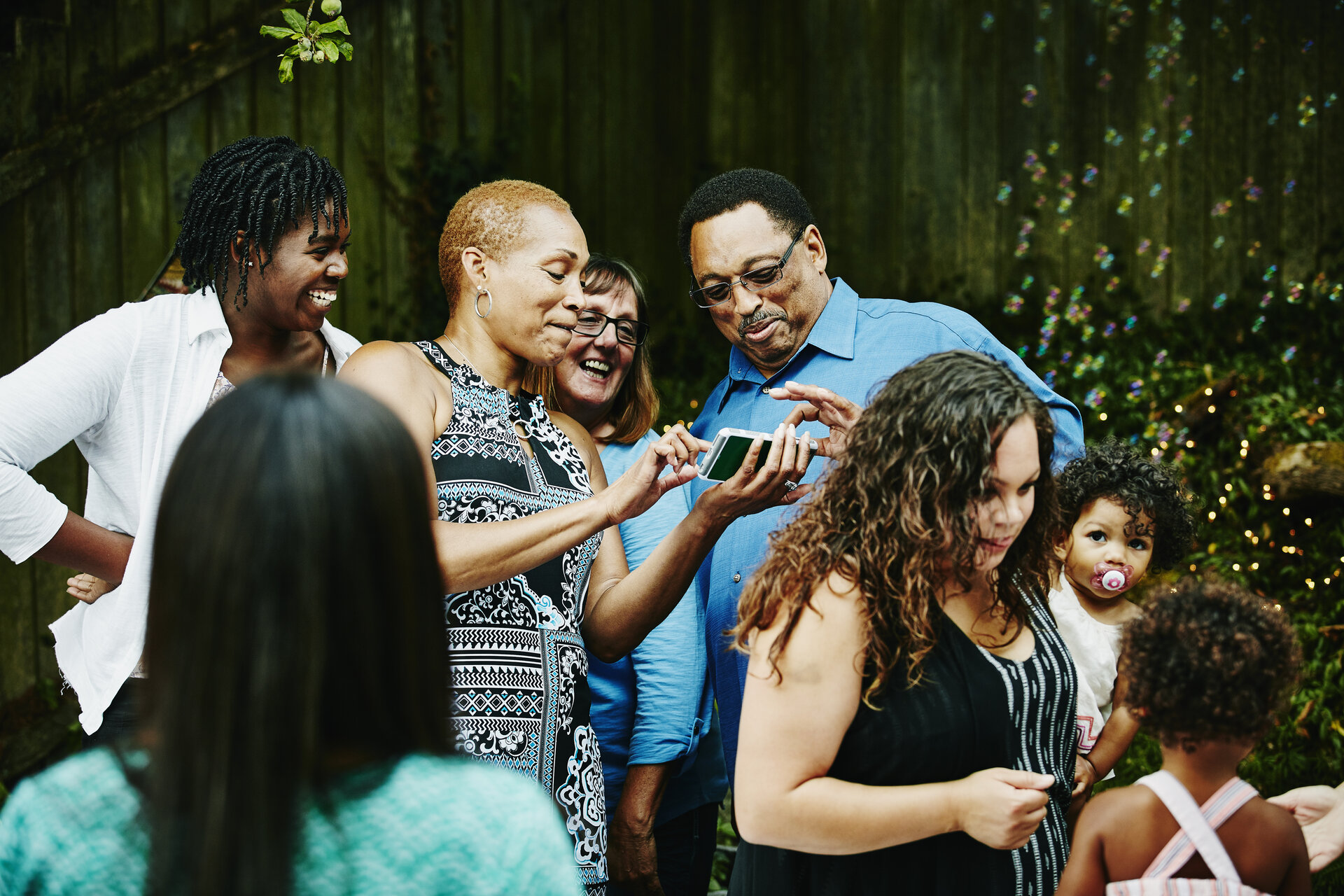
Ask the MD
Movement Disorder Specialist and MJFF's Senior Vice President of Medical Communications, Rachel Dolhun, MD, discusses Parkinson's research and care through blogs and videos.
BLAAC PD study participants like you are helping increase understanding of Parkinson's disease (PD). Your contributions to genetic research are making a difference. Thank you!
Here we share resources for BLAAC PD participants. Check our newsletters that share findings out of the study. Find educational materials to help navigate disease and boost brain health.
Questions about BLAAC PD or your participation? Please speak to your study study coordinator at the site where you joined.
BLAAC PD Bulletin
Read the first edition of the BLAAC PD Bulletin, a newsletter for study participants. Learn about the GBA1 finding, explore a map with BLAAC PD sites and more.
BLAAC PD partner The Michael J. Fox Foundation (MJFF) offers free educational resources. These materials help people and families navigate Parkinson's and boost brain health.
Here we share some educational resources including guides, webinars, and podcasts.
Parkinson's 360:
Walks through different symptoms, as well as the emotional and social changes that may arise at different points in the Parkinson's journey.
michaeljfox.org/parkinsons-360
Better Brain Health:
Explores the concept of being at risk for brain disease and shares easy-to-follow steps to boost your brain health.
michaeljfox.org/brainhealth
Brain Food: Eating Well if You Have Parkinson's (or Worry You Might Get It):
Offers tips and tricks for healthy eating, cooking and meal prepping; sample recipes; community member perspectives; and more.
michaeljfox.org/dietguide

Movement Disorder Specialist and MJFF's Senior Vice President of Medical Communications, Rachel Dolhun, MD, discusses Parkinson's research and care through blogs and videos.

Thousands of online viewers join MJFF's free monthly Third Thursday Webinars to hear doctors, researchers and people with Parkinson's discuss research and care. Recently the webinar series covered:

Community members tune into MJFF's podcast to hear real-life stories from people with Parkinson's and the latest advancements in Parkinson's research. Recent podcast episodes feature:

The Parkinson's journey can feel isolating at times, both for those living with Parkinson's and their loved ones. That's why MJFF built a platform to help bridge that gap and allow members of the PD community to connect.
The Parkinson's Buddy Network is an online community of people impacted by Parkinson's -- those living with the disease, loved ones and those at risk for the disease.
There is a private group, Black & African American Parkinson's Community. This is a place for people to connect by sharing experiences, asking questions and engaging in dialogue in a safe setting.
We are always looking to feature BLAAC PD participants in our communications. Your story can help encourage others to get involved in research. If you're interested, click on the button below and fill out the form, or reach out to your study team today.
Share Your Story